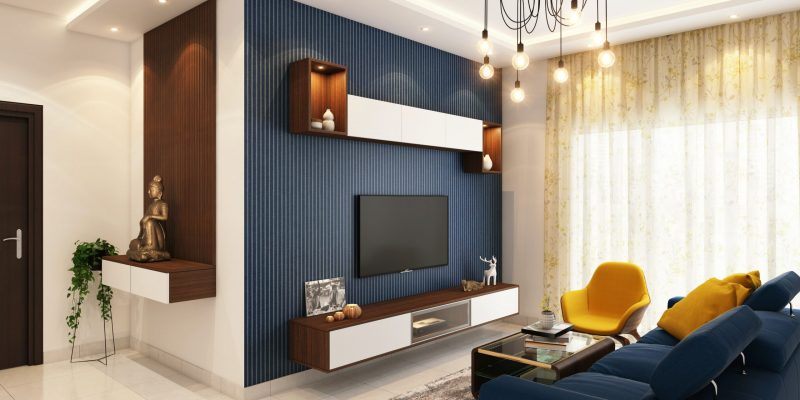Replacing your air conditioner instead of repairing it can be a smart decision in certain situations. Here are some reasons why:
1. Frequent and Costly Repairs
- If your air conditioner requires frequent repairs or if the cost of repairs is consistently high, it may be more cost-effective in the long run to replace the unit. Constant repairs can quickly add up and become more expensive than purchasing a new system.
2. Age of the Unit
- Air conditioners typically last between 10 to 15 years. If your AC is nearing the end of its lifespan and needs significant repairs, replacing it may be a better investment. Older units are more prone to failure and often become less efficient over time.
3. Rising Energy Costs
- Older AC units tend to be less energy-efficient, leading to higher utility bills. Newer models, especially those with a higher SEER (Seasonal Energy Efficiency Ratio) rating, use less energy and can significantly reduce your cooling costs, making replacement a smart financial choice.
4. Decreased Efficiency and Performance
- As air conditioners age, their performance often declines. If your system is struggling to cool your home, or if it can’t maintain a consistent temperature, replacing the unit with a more powerful and efficient model can improve comfort and efficiency.
5. Refrigerant Availability
- Older units use R-22 refrigerant, which has been phased out due to environmental concerns. As a result, R-22 is becoming increasingly difficult and expensive to obtain. If your air conditioner uses R-22 and needs a refrigerant recharge, replacing it with a newer model that uses R-410A (a more eco-friendly refrigerant) can save you money in the long term.
6. Improved Technology and Features
- Newer air conditioning units come with advanced features such as smart thermostats, improved filtration systems, and better humidity control. These features not only enhance comfort but can also help improve indoor air quality and energy efficiency.
7. Better Warranty Coverage
- Newer units come with manufacturer warranties that typically cover parts and labor for several years. If your old AC is out of warranty, repairs can be costly, whereas replacing it may provide peace of mind with better protection.
8. Safety Concerns
- Older air conditioning units can pose safety risks, such as electrical issues or refrigerant leaks. Replacing the unit with a new, more reliable model can help prevent potential safety hazards in your home.
9. Environmental Impact
- Replacing an old, inefficient air conditioner with an Energy Star-rated model can reduce your carbon footprint. Newer units are more environmentally friendly and use less energy, helping to preserve the environment while saving you money.
10. Improved Comfort
- Newer AC systems tend to provide more consistent cooling throughout your home, reducing hot spots and improving overall comfort. If your current system isn’t keeping up with the demands of your household, a replacement can help ensure your home stays cool and comfortable during the hottest months.
In many cases, replacing your air conditioner can be a more cost-effective, energy-efficient, and safer option than continuing to repair an older, inefficient unit.4o mini








